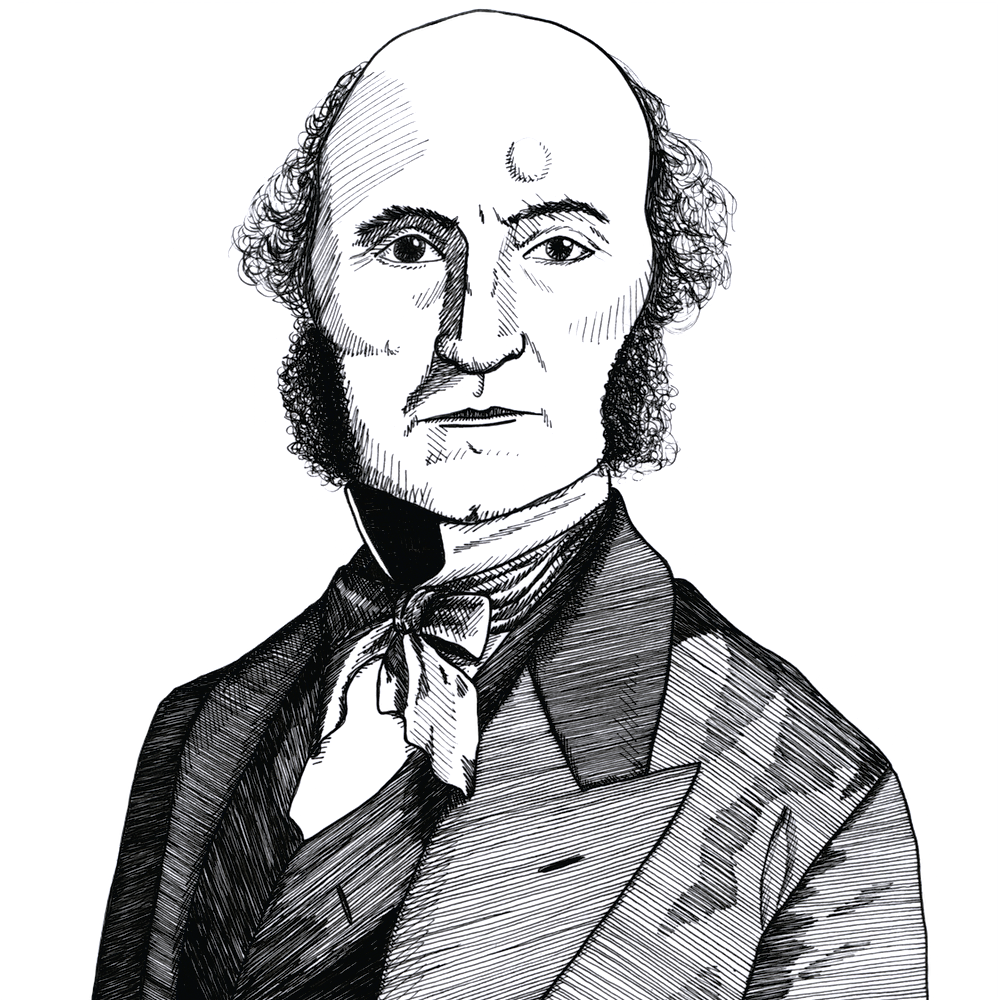
J.S. Mill spoke in Parliament in favour of granting women the right to vote, to have “a voice in determining who shall be their rulers” (1866)
Found in: The Collected Works of John Stuart Mill, Volume XXVIII - Public and Parliamentary Speeches Part I
In July 1866, John Stuart Mill spoke in moving “for an Address for ‘Return of the number of Freeholders, Householders, and others in England and Wales who, fulfilling the conditions of property or rental prescribed by Law as the qualification for the Electoral Franchise, are excluded from the Franchise by reason of their sex.”:
Women’s Rights
Sir, I rise to make the Motion of which I have given notice… When the complaint is made that certain citizens of this nation, fulfilling all the conditions and giving all the guarantees which the Constitution and the law require from those who are admitted to a voice in determining who shall be their rulers, are excluded from that privilege for what appears to them, and for what appears to me, an entirely irrelevant consideration, the least we can do is to ascertain what number of persons are affected by the grievance, and how great an addition would be made to the constituency if this disability were removed… I entertain the firmest conviction that whatever holds out an inducement to one-half of the community to exercise their minds on the great social and political questions which are discussed in Parliament, and whatever causes the great influence they already possess to be exerted under the guidance of greater knowledge, and under a sense of responsibility, cannot be ultimately advantageous to the Conservative or any other cause, except so far as that cause is a good one. And I rejoice in the knowledge that in the estimation of many honourable Gentlemen of the party opposite, the proposal made in the petition is, like many of the most valuable Reforms, as truly Conservative, as I am sure it is truly Liberal. I listened with pleasure and gratitude to the right honourable Gentleman who is now Chancellor of the Exchequer, when in his speech on the second reading of the Reform Bill, he said he saw no reason why women of independent means should not possess the electoral franchise, in a country where they can preside in manorial courts and fill parish offices–to which let me add, and the Throne. (Hear, hear. )